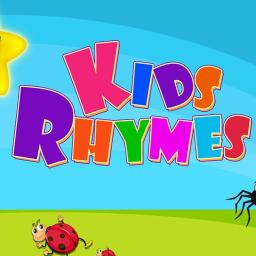Baby Bees Brains Get Damages Due To The Pesticides

Bees’ lives are in trouble. With the rapid and growing use of pesticides in the agriculture industry hampering the growth and health of the Bumblebees.
The industry of hardworking pollinators in America and Europe got reduced their production scale from bees by 30% and more from the last year.
The pesticides used in the agriculture industry declining the habitat of bees numbers. This Tuesday, scientists have examined so many bumble bees that what exactly is causing the decline in rates of bumble bees. They scanned the brains of the bumblebees in laboratories and tested their abilities of learning.
In this research, scientists found that bumblebees bees can feel and catch the effects of contaminated food with pesticides, which are brought by the worker bee inside the colony, which leads to lower the ability to perform their tasks later in life.
Dr. Richard Gill, an author of the recent study and a senior lecturer at the Imperial College of London for the Department of Life Sciences, compared the effects of harmful substances that are eaten by the fetus inside the womb.
Dr. Richard Gill stated on the research that “Bee colonies act as superorganisms, so when any toxins enter the colony, these have the potential to cause problems with the development of the baby bees within it.
“Worryingly in this case, when young bees are fed on pesticide-contaminated food, this caused parts of the brain to grow less, leading to older adult bees possessing smaller and functionally impaired brains; an effect that appeared to be permanent and irreversible.”
This loss of baby bees leads to decrease biodiversity and insidiously hamper the food supply of the bees that helps in pollinating the tomatoes, blueberries, melons, and cucumbers.
Baby Bees Get Affected Spiking The Nectar
In this experiment, the scientist has also examined spiking of the nectar by using the same class of pesticides at the same concentration, which is found in the wild flower. After that, they bring that pesticide in the bees colony in the laboratory.
As the baby bees get adult once, their ability to learn and adapt to the surroundings was tested after three days and one time again after 12 days. These tested results are compared with the young bees inside the colonies of the laboratory that were fed with the pesticides after they become adults.
This test shows that those young bees that were fed with the pesticides since they were developing as larvae reflect the significant signs of impaired ability in the learning with those that of those not. To completely determine these impaired signs, researchers perform a test on these bees if they could learn the smell of some food reward, scoring these bees out 10 based on their performance.
Dylan Smith, the researcher in the Department of Life Sciences at Imperial, says that “There has been growing evidence that pesticides can build up inside bee colonies. Our study reveals the risks to individuals being reared in such an environment, and that a colony’s future workforce can be affected weeks after they are first exposed.”






